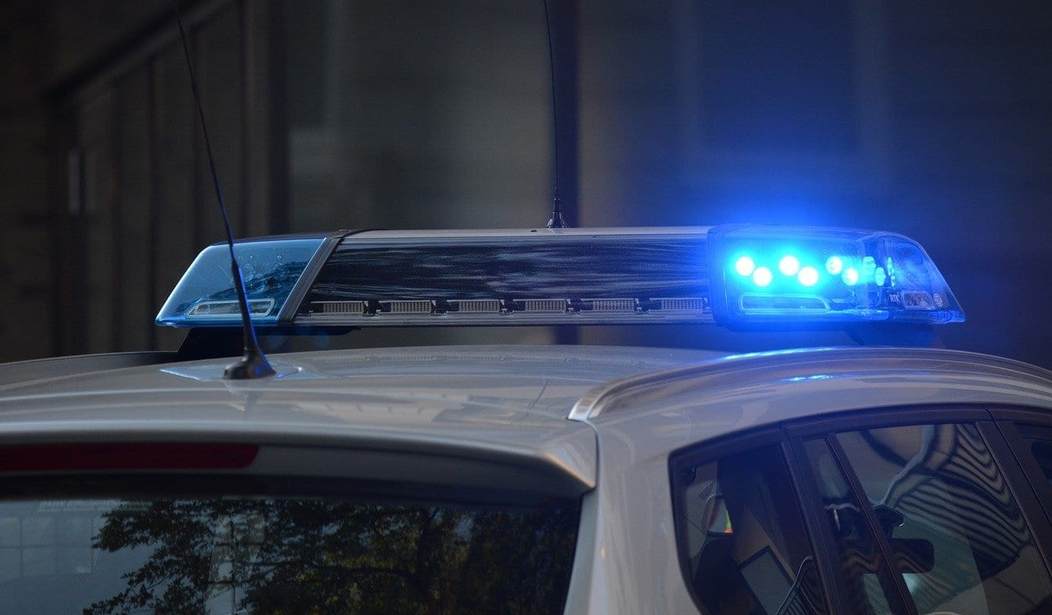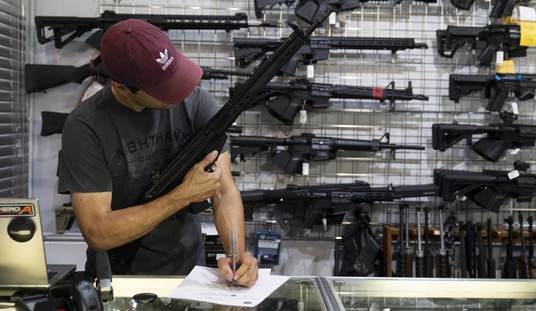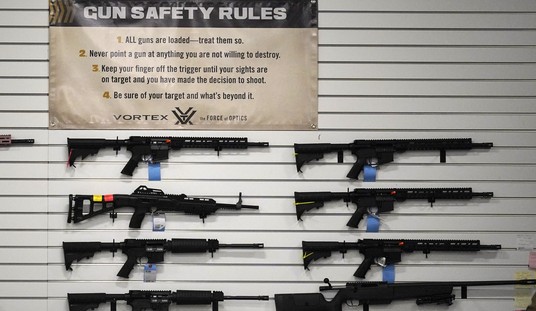The death of Jaquan Harrison earlier this month in Paterson, New Jersey hasn’t garnered a lot of media attention. After all, Harrison was a convicted felon who had been released from prison just a few weeks before he was shot and killed, and it’s easy to dismiss his death as just another criminal who was shot and killed by another. A closer look at Harrison’s murder, however, reveals a fundamental problem with how the state (and many others) approaches the issue of violent crime.
New Jersey has some of the most restrictive gun control laws in the nation, and while those who want to legally own a gun are severely burdened by the state’s restrictive policies (it’s virtually impossible for the average citizen to obtain a carry license, for instance), violent criminals across the state are routinely ignoring the laws. The “ban our way to safety” approach isn’t working, because those most responsible for violent acts don’t care about the restrictions imposed by the state.
Reporter Joe Malinconico of the Paterson Press says that Harrison’s death “epitomizes the grim cycle of incarceration, violence and death” that’s kept Paterson’s homicide rate at high levels in recent years. The city’s homicide rate in 2020 reached a 30-year high, despite all of New Jersey’s gun control laws.
Two-thirds of the city’s 27 homicide victims in 2020 had served prison or jail time as adults, according to a Paterson Press analysis of court records. In six of those cases, the victims were killed within a year of getting out, including one man who was fatally shot less than a week after his release.
“For people who have been in prison, the period after they get out is the highest-risk moment in their lives,” said David Kennedy, a professor at John Jay College of Criminal Justice in Manhattan. “The fatality rate for them is incredibly high.”
The most common cause of post-prison deaths is drug overdoses, said Kennedy, who teaches criminal justice, but right after that comes murder.
People released from prison tend to go back to live in the same neighborhoods where they got in trouble, crime experts said.
“It’s not even a matter of engaging in actual criminal behavior,” Kennedy said. “They tend to go back to a risky way of life. They hang out with risky people; they go to risky places.”
So far police haven’t released any information on a possible motive in Harrison’s murder, but former probation officer Liza Chowdhury believes that the early release of inmates like Harrison (who was supposed to be behind bars until September of this year) is exacerbating the violence on the streets of Paterson. Under the emergency health act issued by Gov. Phil Murphy, more than 2,000 inmates were released early in an attempt to stop the spread of COVID behind bars.
“They weren’t prepared,” said Chowdhury, director of the Paterson Healing Collective. “They didn’t give them the wrap-around services they needed. They just threw them to the wolves.”
Chowdhury said released inmates struggled to find housing and employment, often hampered because they lacked such basic things as identification cards. Some had temporary IDs that identified them as felons, she said.
“Who is going to hire you with that?” she said.
The Healing Collective is trying to stop the cycle of violence by intervening on behalf of people who were shot or stabbed, including initial visits that take place at the hospital while they are still being treated for their wounds. The goal is to give shooting victims help with social services and to try to steer them away from seeking revenge, according to the group.
Paterson police say retaliation often plays a role in the city’s street shootings.
“Yesterday’s victim becomes today’s shooter and tomorrow’s shooter is the next day’s victim,” said the city’s public safety director, Jerry Speziale.
And very few of those victims and shooters are legal gun owners, which means that New Jersey’s draconian gun control laws aren’t preventing them from illegally obtaining a firearm and using it to take a human life.
Programs like The Healing Collective don’t allow anti-gun politicians to claim they’re “doing something,” which is one reason why so many elected officials continue to embrace the idea of slapping more gun laws on the books instead of focusing on targeted deterrence efforts that are aimed at the most likely victims and offenders. These politicians are embracing a political agenda, as opposed to crime-fighting strategies, and the impact is felt mainly by law-abiding citizens who are unable to exercise their Second Amendment rights because of the bureaucratic roadblocks. There’s a better way to address violent crime; one that’s both constitutional and effective. Focus on the most violent offenders, not the folks who are simply trying to keep and bear arms for self-defense.
Editor’s Note: Want to support Bearing Arms so we can tell the truth about Joe Biden and the Left’s radical gun control agenda? Join Bearing Arms VIP. Use the promo code GUNRIGHTS to get 25% off your membership.









Join the conversation as a VIP Member